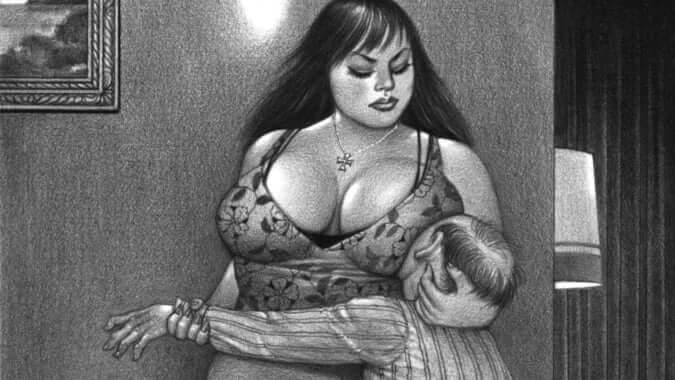Masato Seto, Isolating Oneself in Full View
Creating a private space in an urban environment; this is the challenge faced by Tokyo residents in the series of photographs ‘PicNic’.
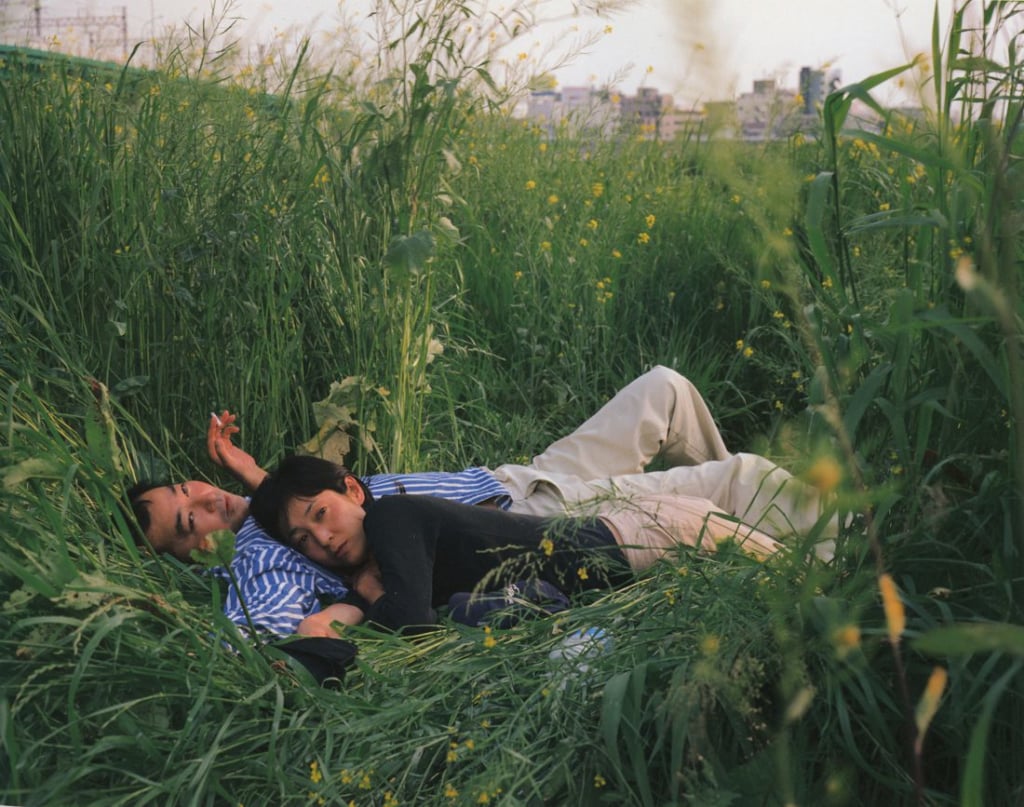
‘PicNic’ (1996-2005) © Masato Seto
Is privacy inherently synonymous with isolation? In the series PicNic (1996-2005), photographer Masato Seto captures couples in Tokyo sharing a moment together, in public.
In this series, the artist, born in Thailand and now based in Japan, and former assistant to Masahisa Fukase, selected a setting identical to that found in the work of another famous Japanese photographer, Kohei Yoshiyuki, and his observations of voyeurs in Tokyo parks. The moment is fragile, as are the boundaries and the appropriation and sharing of the public space. By temporarily opening this space to the photographer’s gaze, these couples create what critic Koike Hiro’o describes as ‘invisible rooms’ in the text accompanying the series.
Constructing a moment
The 58 photographs taken in Yoyogi Park and the Futakotamagawa Green Area evoke 19th-century European paintings, particularly Luncheon on the Grass (1863) by Edouard Manet. In them, a reality is constructed, and this appropriation of the space by these couples materialises mainly through a plastic ‘picnic blanket’. Just like what the artist has been doing for over half a century, the PicNic series addresses the issue of lifestyle and how people adapt to their environment, outside of the frame.
The subjects were not given any instructions; their faces and expressions depend on how they wanted to engage in that moment, what they wanted to give off and the degree of intrusion they allowed. Some appear indifferent to the presence of a third party and his camera while others are not; it’s about the notion of boundaries. ‘That is exactly where I find the possibility of the “real” in fiction: in taking photographs’, Koike Hiro’o summarises.
In an echo of this series, that entitled Living Room presents portraits of Tokyo residents—Japanese or otherwise—in their home. This project resulted in the artist receiving the Ihei Kimura Award in 1995.
Masato Seto’s work can be viewed on his website and on that for the gallery he cofounded, Place M.
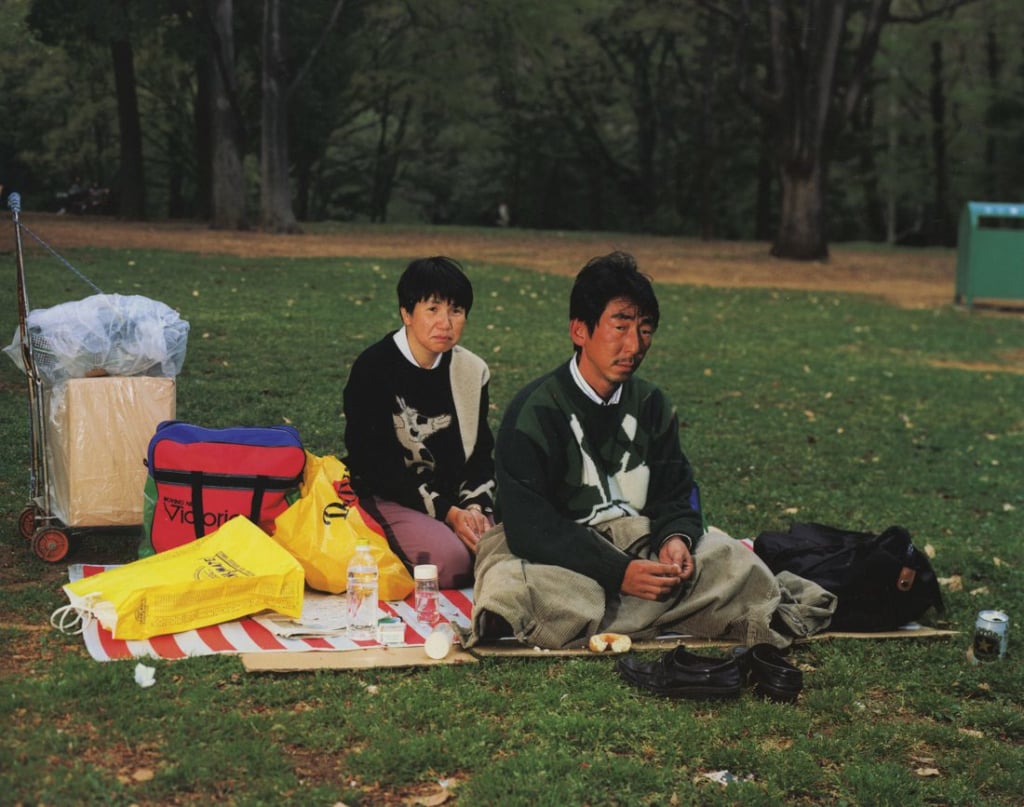
‘PicNic’ (1996-2005) © Masato Seto
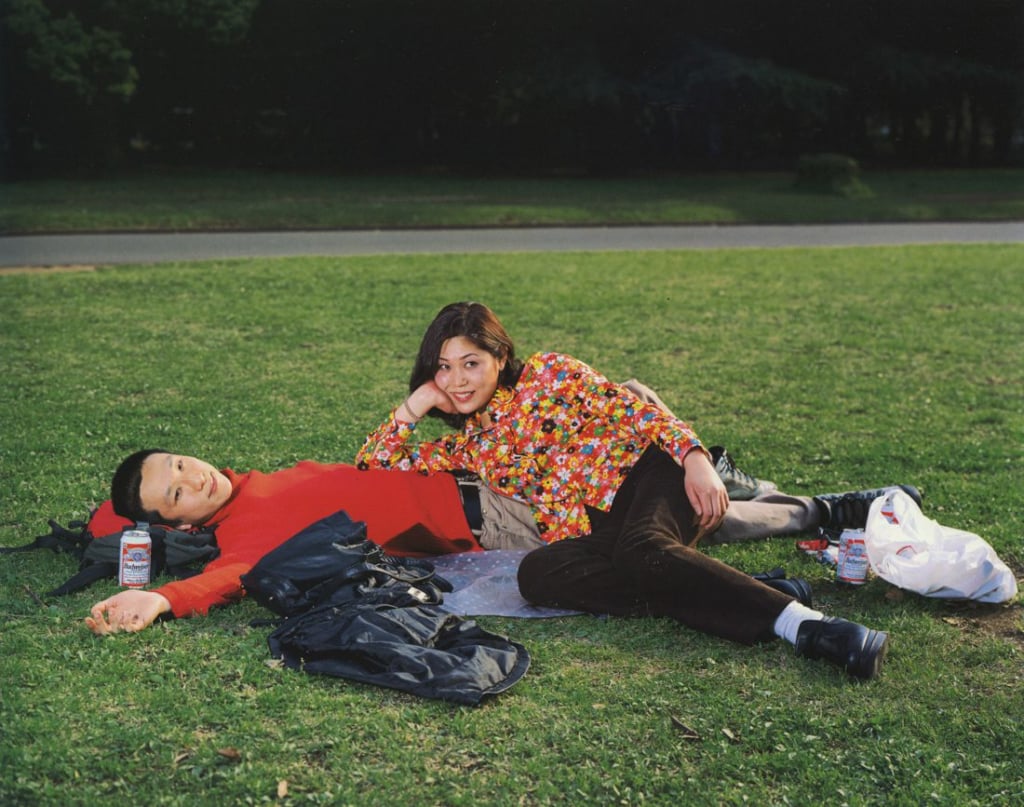
‘PicNic’ (1996-2005) © Masato Seto
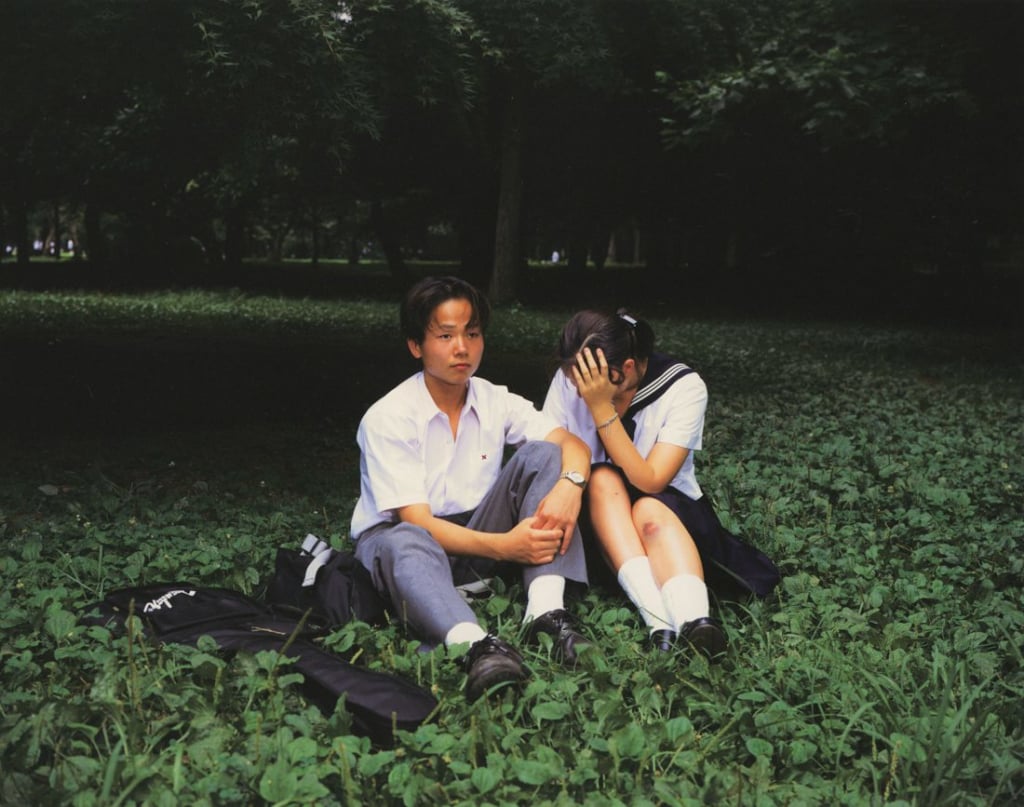
‘PicNic’ (1996-2005) © Masato Seto
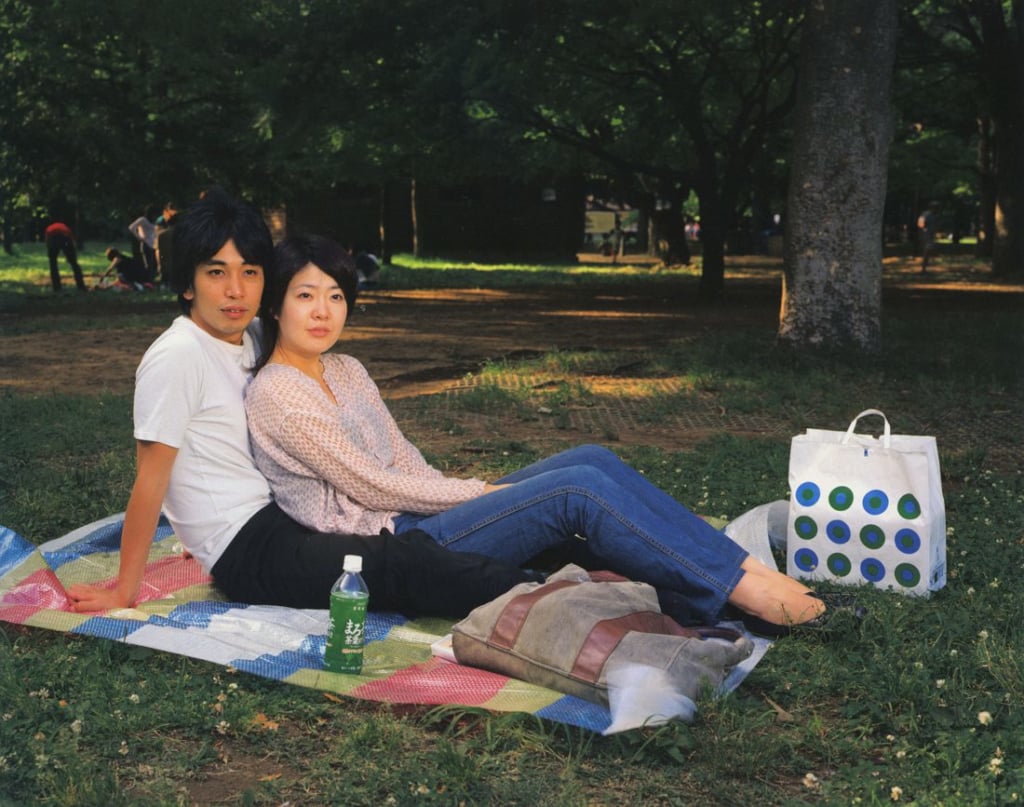
‘PicNic’ (1996-2005) © Masato Seto
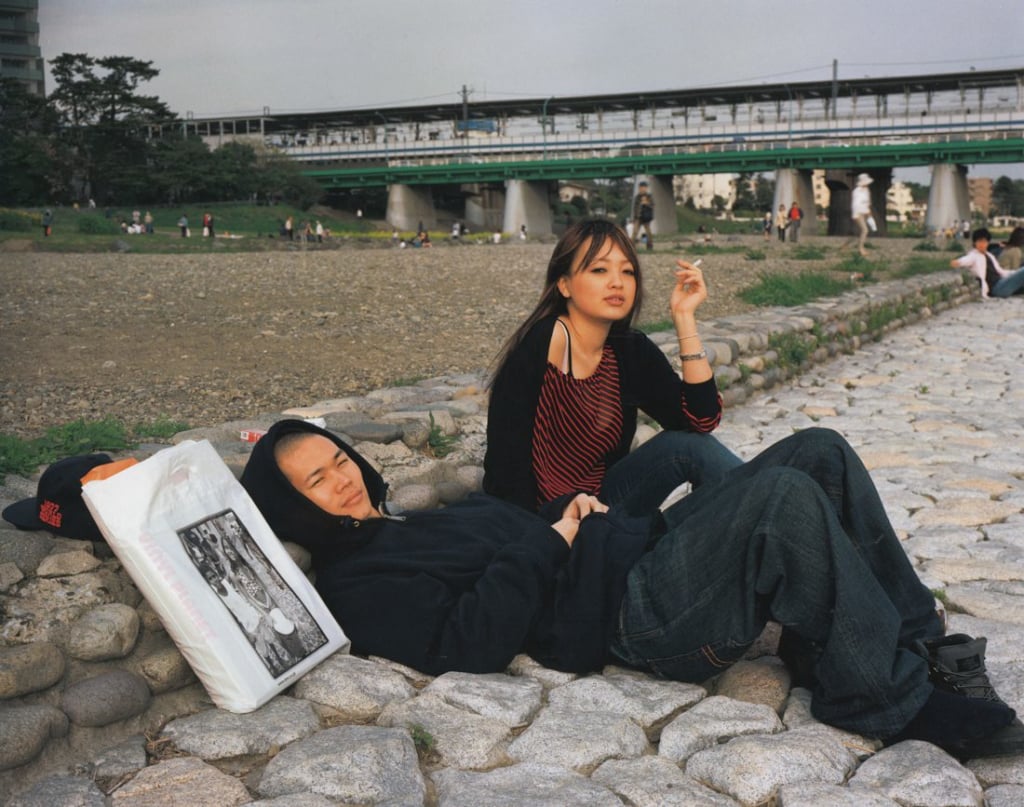
‘PicNic’ (1996-2005) © Masato Seto
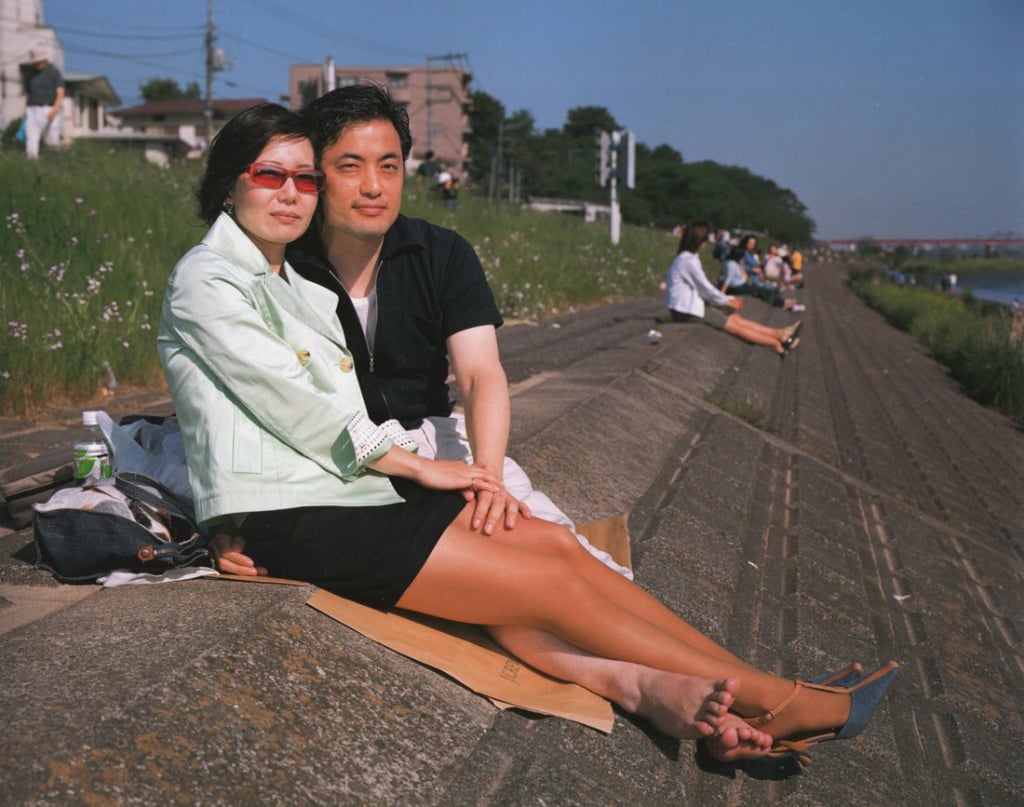
‘PicNic’ (1996-2005) © Masato Seto
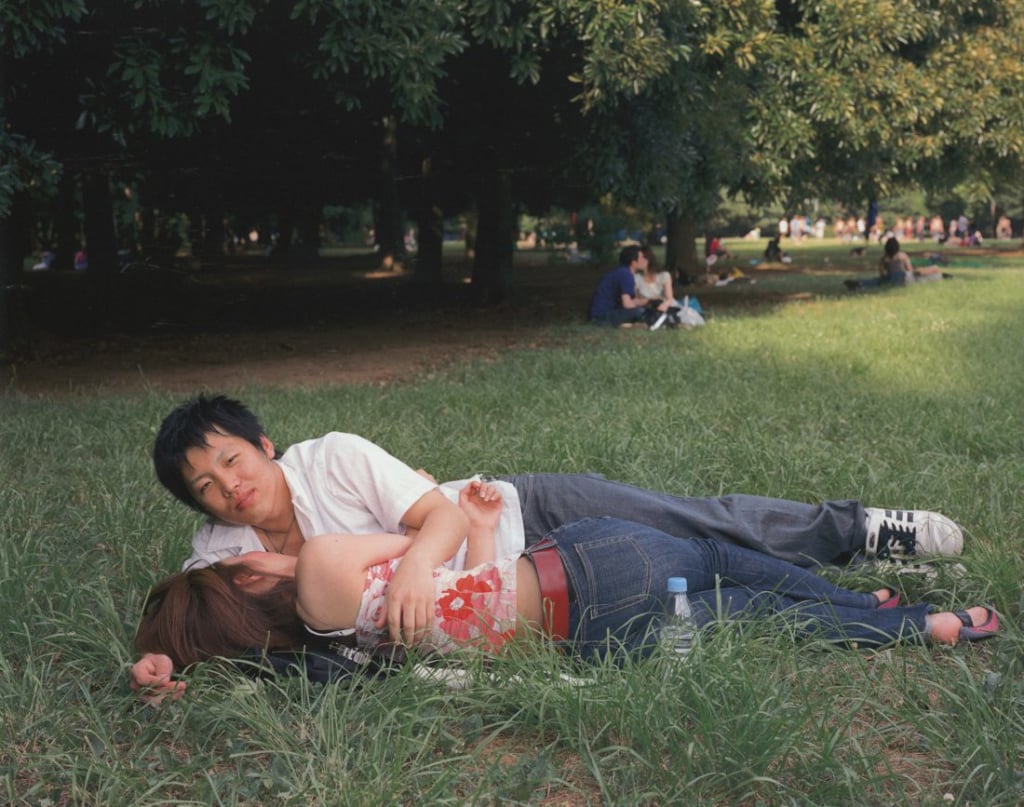
‘PicNic’ (1996-2005) © Masato Seto
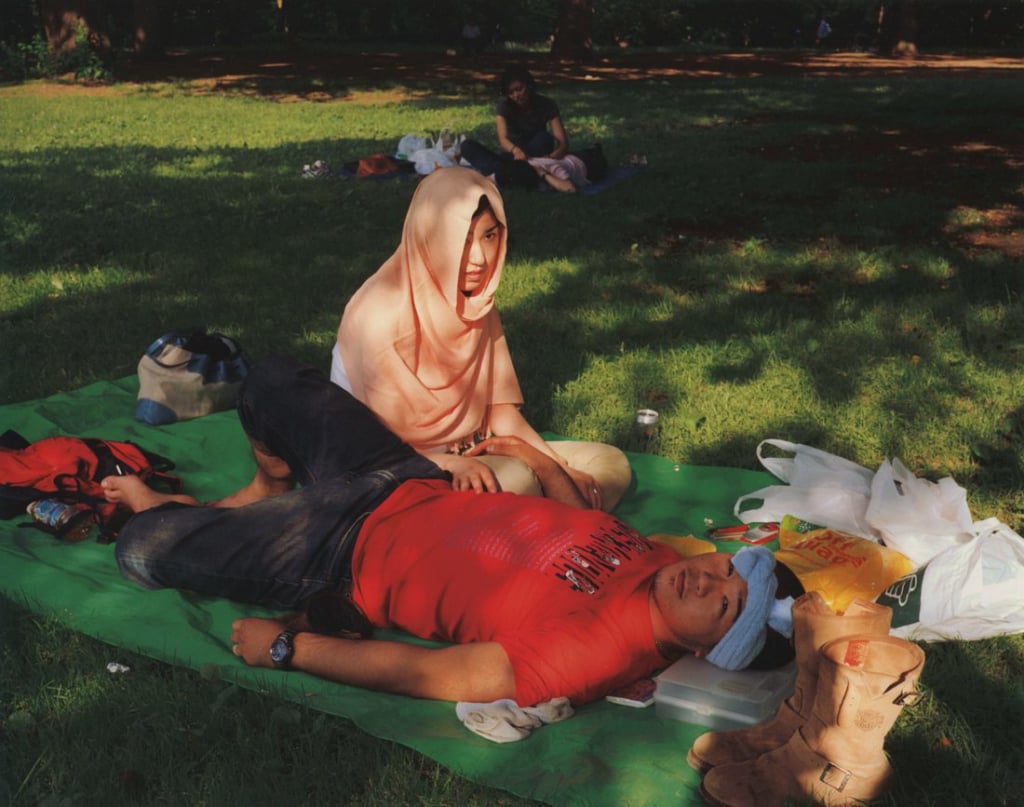
‘PicNic’ (1996-2005) © Masato Seto
TRENDING
-
Ishiuchi Miyako, A Singular Perspective on Women
Recipient of the 2024 Women in Motion Award, the photographer creates intimate portraits of women through the objects they left behind.

-
Recipe for Ichiraku Ramen from ‘Naruto’ by Danielle Baghernejad
Taken from the popular manga with the character of the same name who loves ramen, this dish is named after the hero's favourite restaurant.

-
Namio Harukawa, Master of Japanese SM Art
'Garden of Domina' offers a dive into the world of an icon of ‘oshiri’, whose work has now reached a global audience.

-
The Tattoos that Marked the Criminals of the Edo Period
Traditional tattoos were strong signifiers; murderers had head tattoos, while theft might result in an arm tattoo.

-
The Emperor of Japanese Porn is Now the Star of a Netflix Series
Deliciously funny, The Naked Director especially succeeds in reviving the atmosphere that was so characteristic of 1980s Japan.



